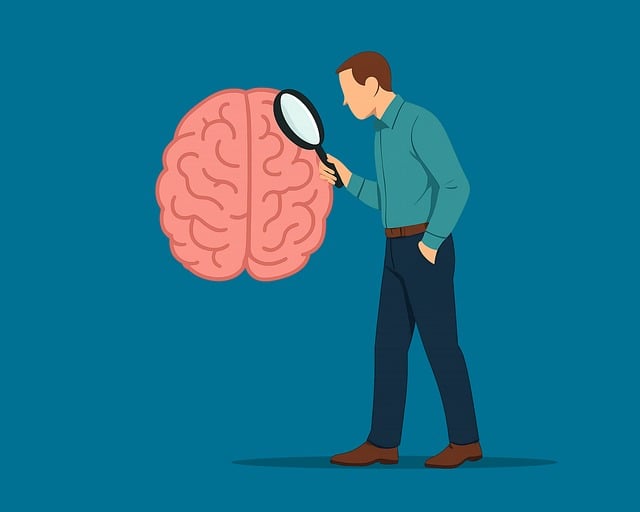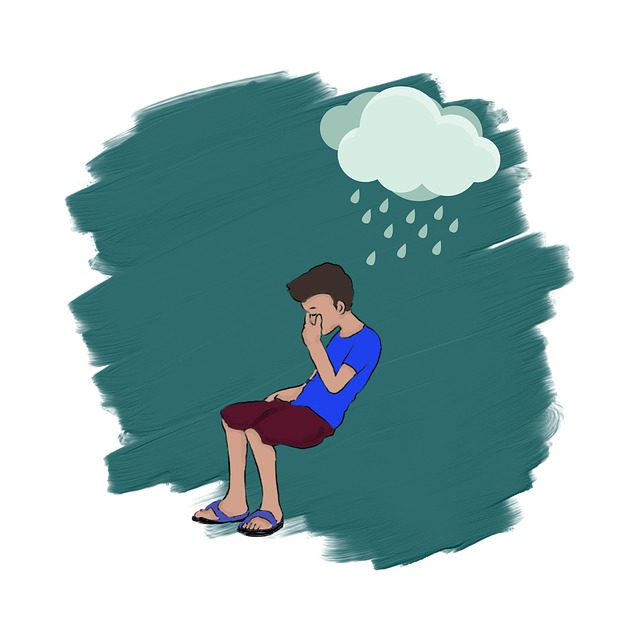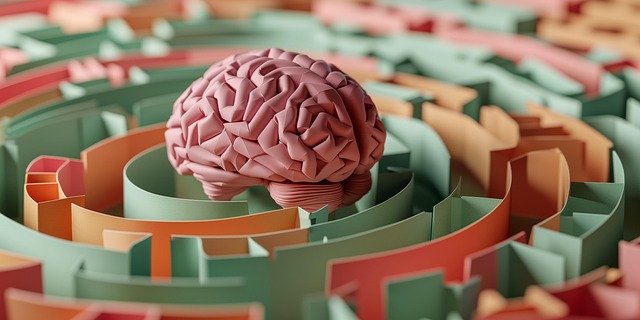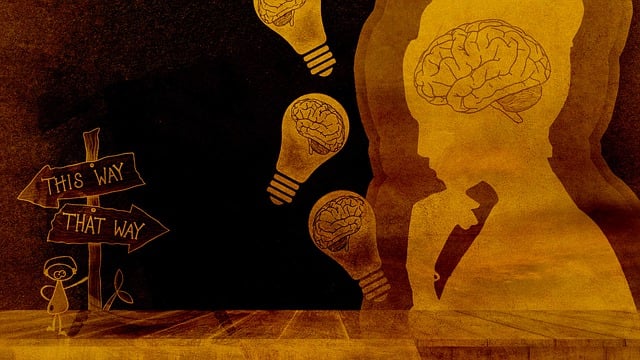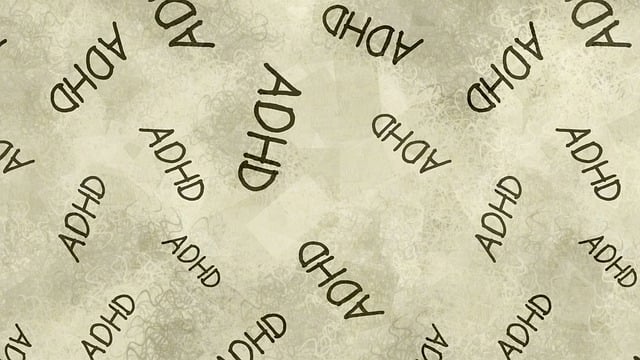Managing anger in elderly populations is vital for improving quality of life. Unique aging challenges like health issues, loneliness, and loss can trigger frustration. Effective therapy involves self-awareness exercises, confidence-boosting activities, and social skills training to promote assertiveness. Cognitive-Behavioral Therapy (CBT) identifies and challenges negative thought patterns, replacing them with healthier alternatives. Group settings offer supportive environments with mindfulness and relaxation exercises. Community outreach programs and support groups foster a sense of belonging and provide additional coping strategies, enhancing resilience and mental health for elders.
Coping skills development is a vital aspect of therapeutic support for the elderly, particularly when addressing issues like anger management. As our population ages, understanding and managing anger in older adults becomes increasingly important. This article explores effective strategies to enhance coping abilities, focusing on therapeutic approaches tailored for this demographic. We delve into practical techniques that can be implemented daily, offering a comprehensive guide for professionals and caregivers to assist elders in navigating and controlling their emotions, especially anger, through therapy for elders anger management.
- Understanding Anger in Elderly Populations
- Therapeutic Approaches for Effective Coping Skills Development
- Practical Strategies for Daily Application
Understanding Anger in Elderly Populations

Anger is a complex emotion that can manifest differently across different age groups, and understanding its expression in elderly populations is crucial for effective coping skills development. As individuals age, they may experience a range of factors contributing to their anger, such as health issues, loneliness, or feelings of loss. These factors can be exacerbated by the natural physical and cognitive changes that come with aging. For instance, chronic pain or reduced mobility can trigger frustration and anger, while cognitive decline might impact an elder’s ability to communicate their needs effectively, leading to increased irritability.
Therapy for elders focused on anger management often involves self-awareness exercises to help individuals recognize and understand their emotional triggers. By fostering self-awareness, seniors can develop strategies to manage and channel their anger constructively. Confidence-boosting activities and social skills training are also integral parts of this process as they empower the elderly to express themselves assertively while maintaining healthy relationships. These therapeutic approaches not only help elders cope with anger but also enhance their overall quality of life by promoting emotional well-being.
Therapeutic Approaches for Effective Coping Skills Development

The development of coping skills is a vital aspect of mental health, and various therapeutic approaches can aid individuals in managing stress and emotional challenges effectively. For elders, who may face unique stressors such as retirement or loss, tailored therapy becomes essential. Cognitive-Behavioral Therapy (CBT) is a widely recognized method for coping skills development. CBT helps individuals identify and challenge negative thought patterns, replacing them with healthier alternatives. This approach empowers seniors to manage anger and frustration constructively. By learning to reframe their perspectives, elders can develop effective coping strategies, enhancing their overall well-being.
In addition to individual therapy, group settings offer a supportive environment for coping skills development. Stress Management Workshops, designed specifically for older adults, can provide valuable tools for navigating life’s challenges. These workshops often include techniques like mindfulness and relaxation exercises, which are proven to reduce stress levels. Moreover, Mental Health Education Programs, when incorporated into community centers or senior organizations, can foster a culture of open discussion around emotional well-being. Such programs encourage peers to support one another, creating a network of care that promotes effective coping skills development in a social context.
Practical Strategies for Daily Application

Coping skills development is an essential aspect of maintaining mental well-being, especially for elders facing challenges like anger management issues. Practical strategies can be easily incorporated into daily routines to foster resilience and stress reduction. One effective approach is participating in therapy sessions tailored for anger management, which offers valuable tools to understand and manage emotional responses. Through cognitive behavioral therapy (CBT) techniques, elders can learn to identify triggers, challenge negative thoughts, and practice relaxation methods.
Additionally, engaging in community outreach programs or joining support groups provides a sense of belonging and empowers individuals with coping strategies. Stress management workshops organized by local organizations equip participants with mindfulness practices and problem-solving skills. Incorporating these activities into a daily routine can significantly enhance resilience building and overall mental health for elders, allowing them to navigate life’s challenges more effectively.
Coping skills development is a vital aspect of therapy for elders, particularly in managing anger. By understanding the unique challenges that come with aging and employing therapeutic approaches tailored to this demographic, we can significantly enhance their quality of life. Practical strategies focused on daily application ensure these techniques become second nature, fostering resilience and promoting a sense of calm amidst life’s storms. Incorporating these techniques into care plans not only benefits individuals but also enriches the relationships and communities that support them.
